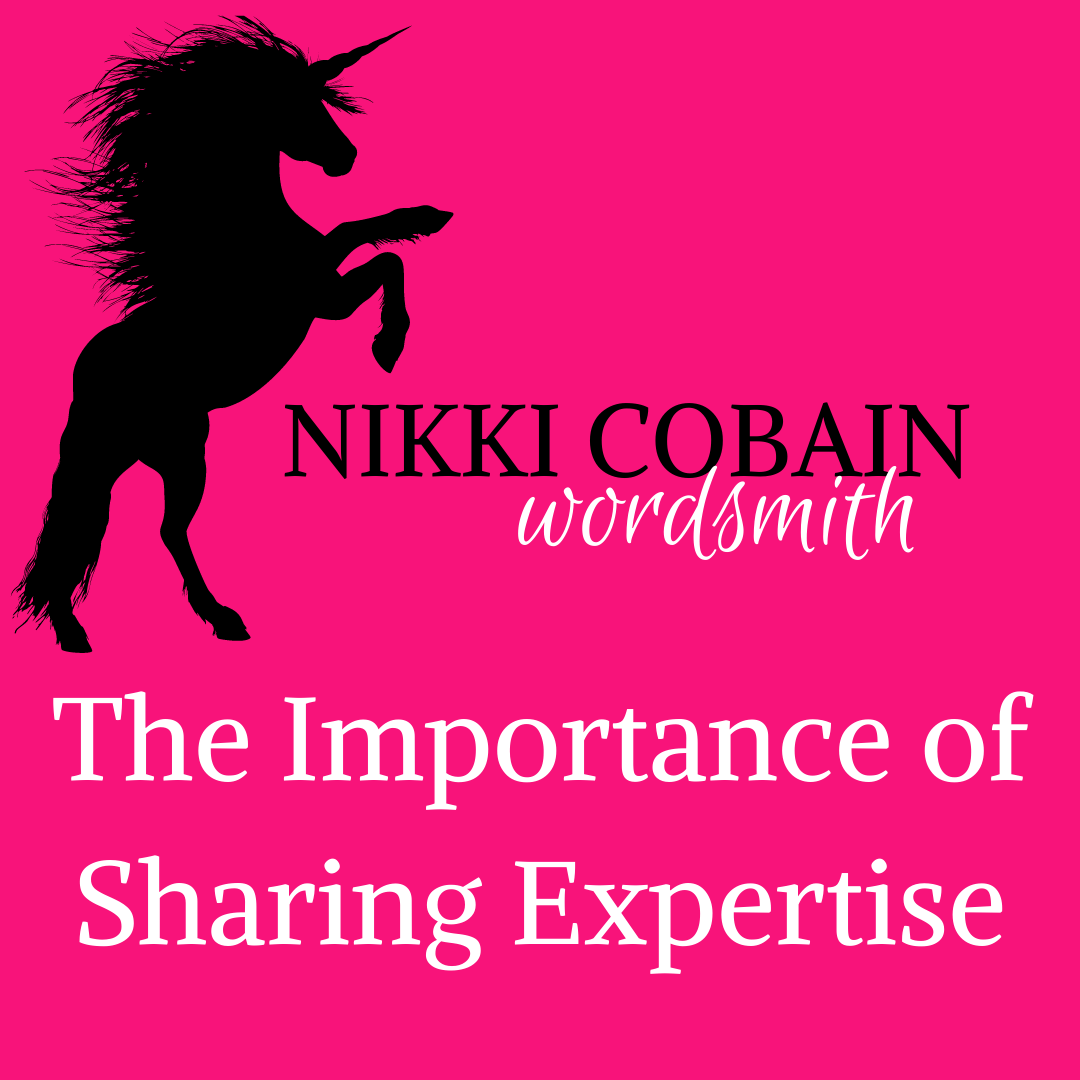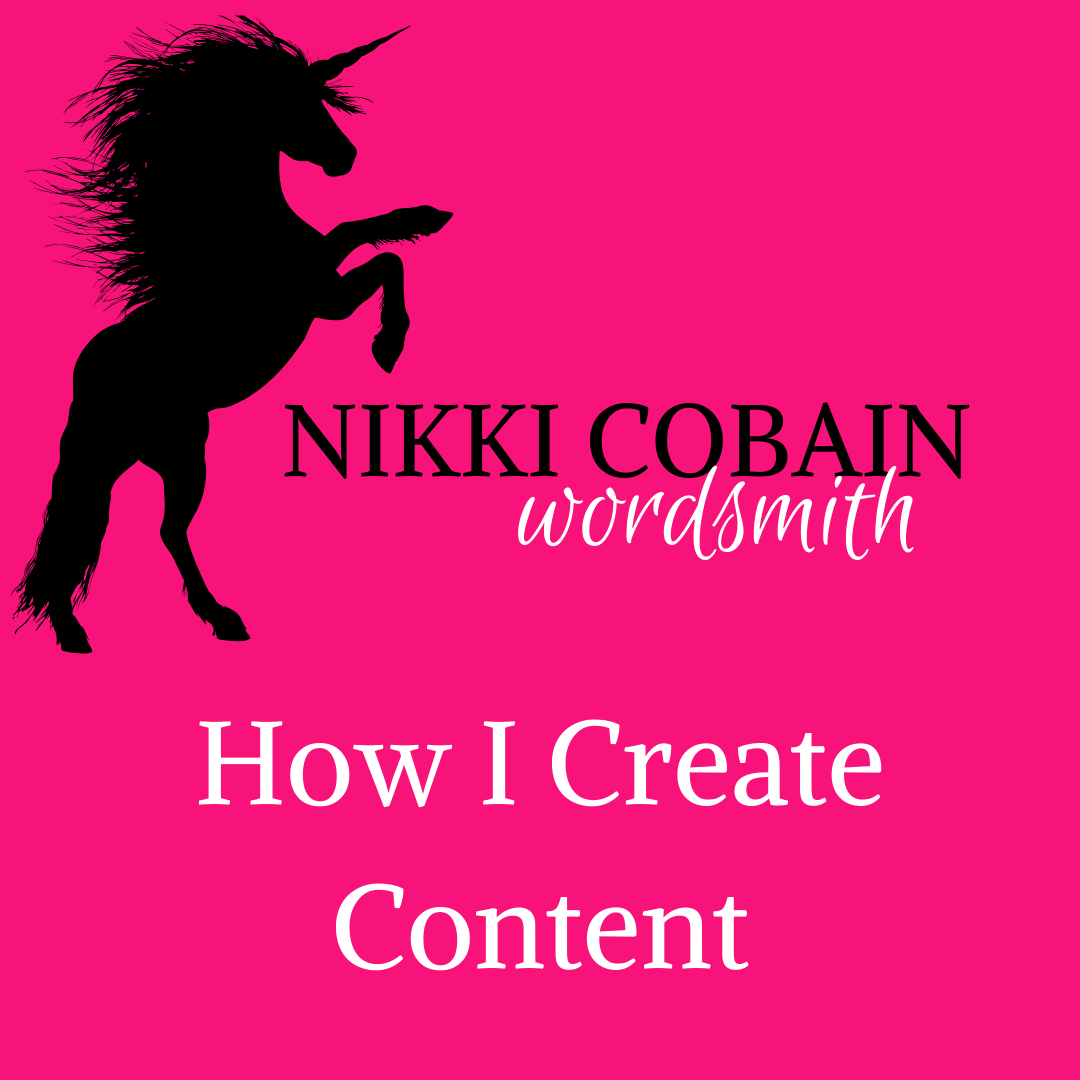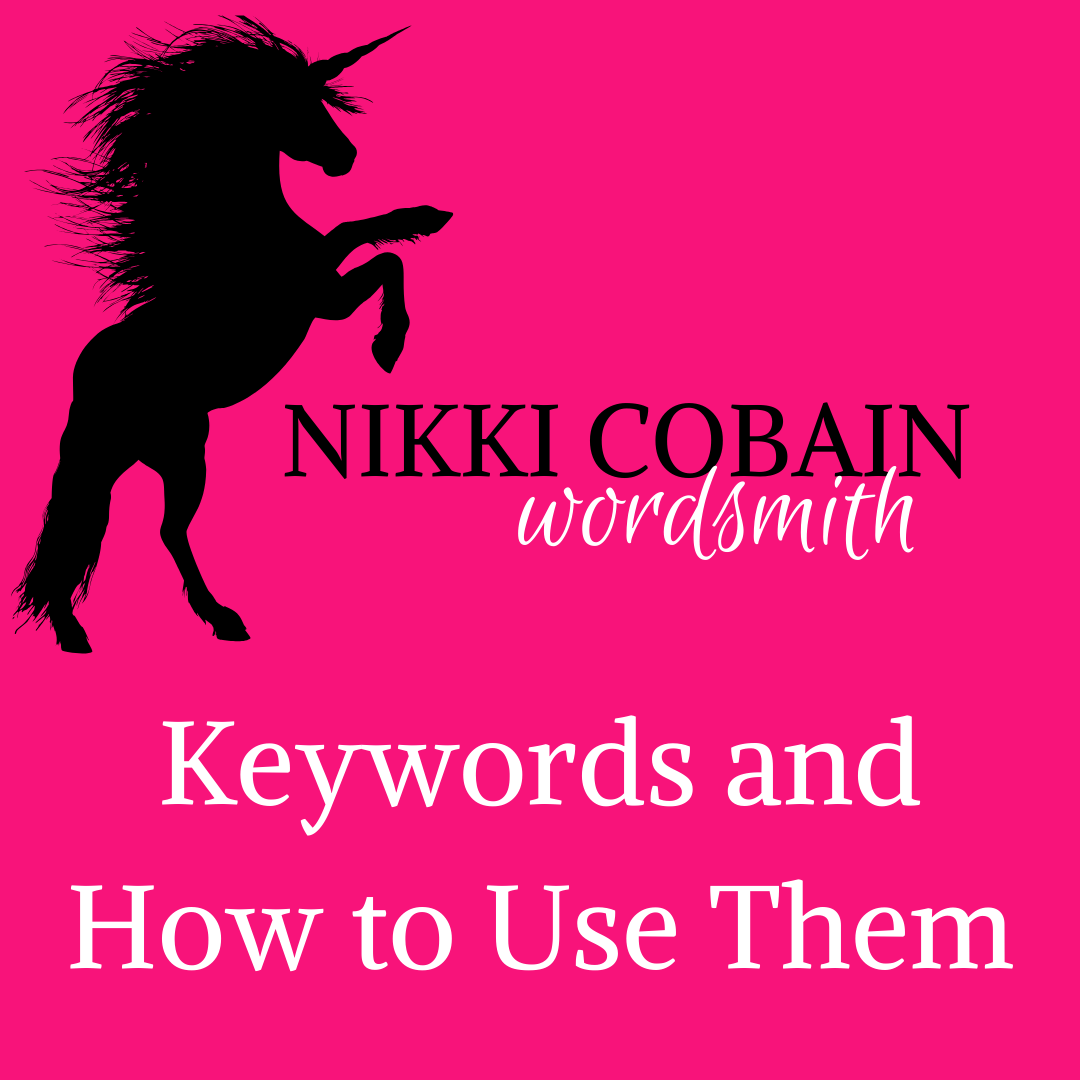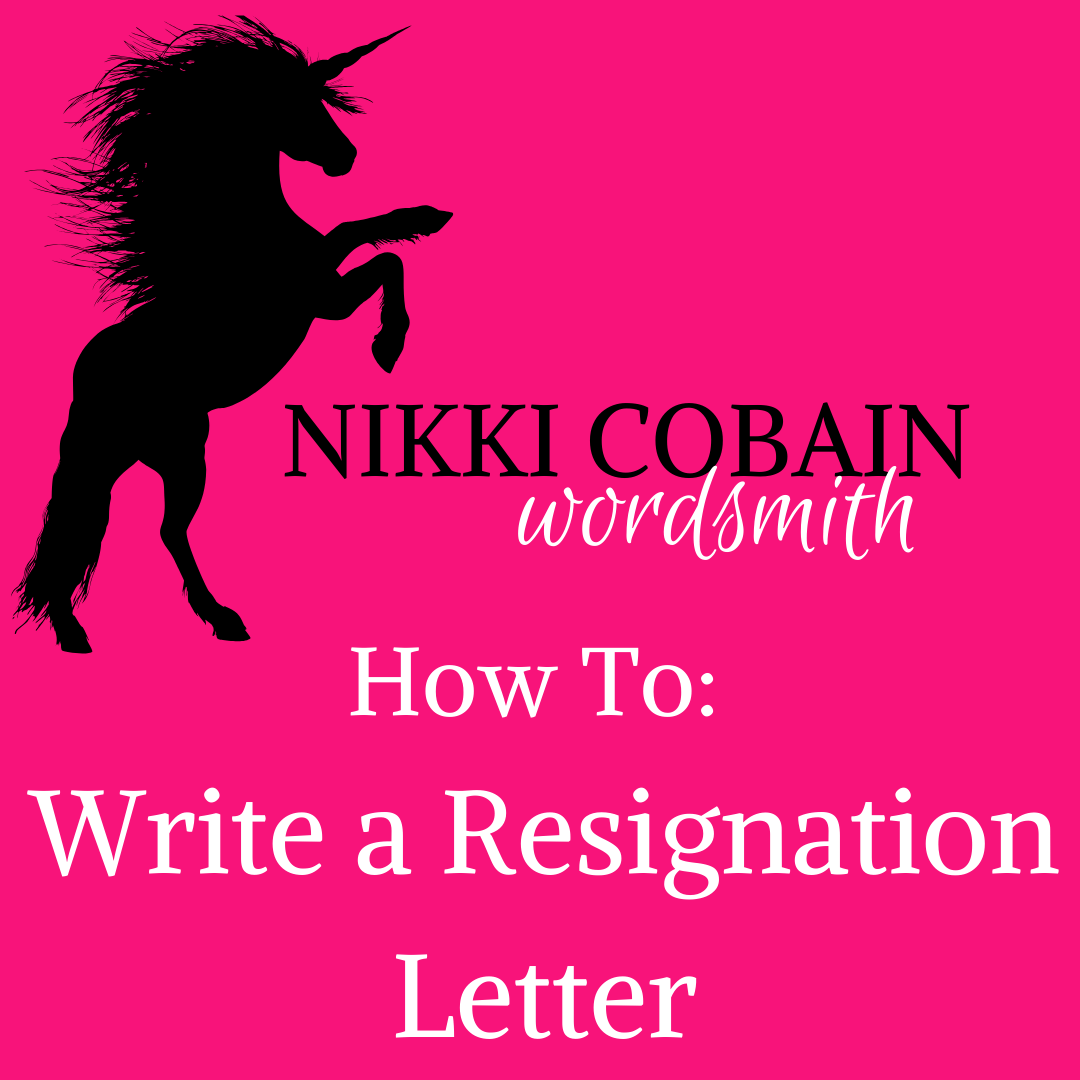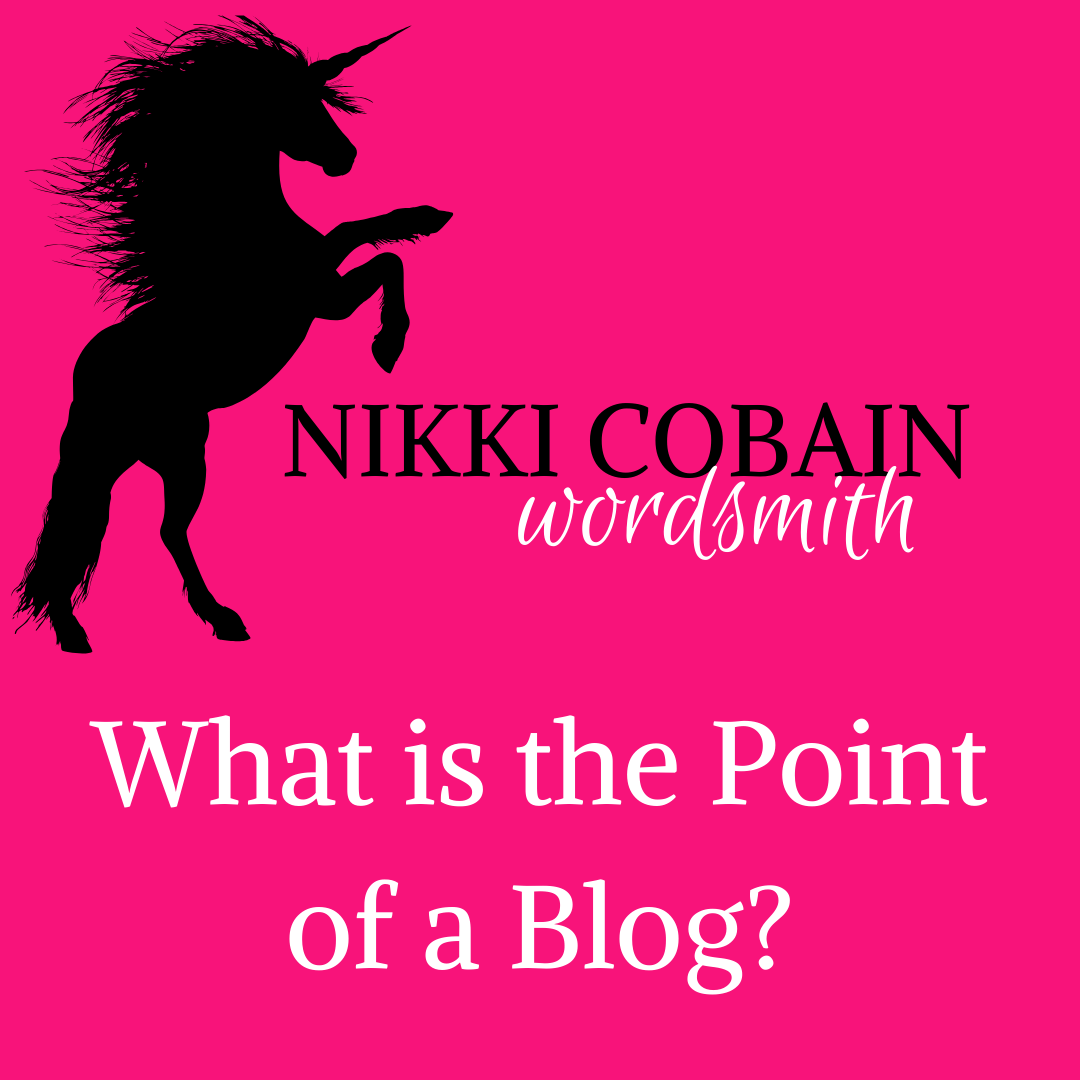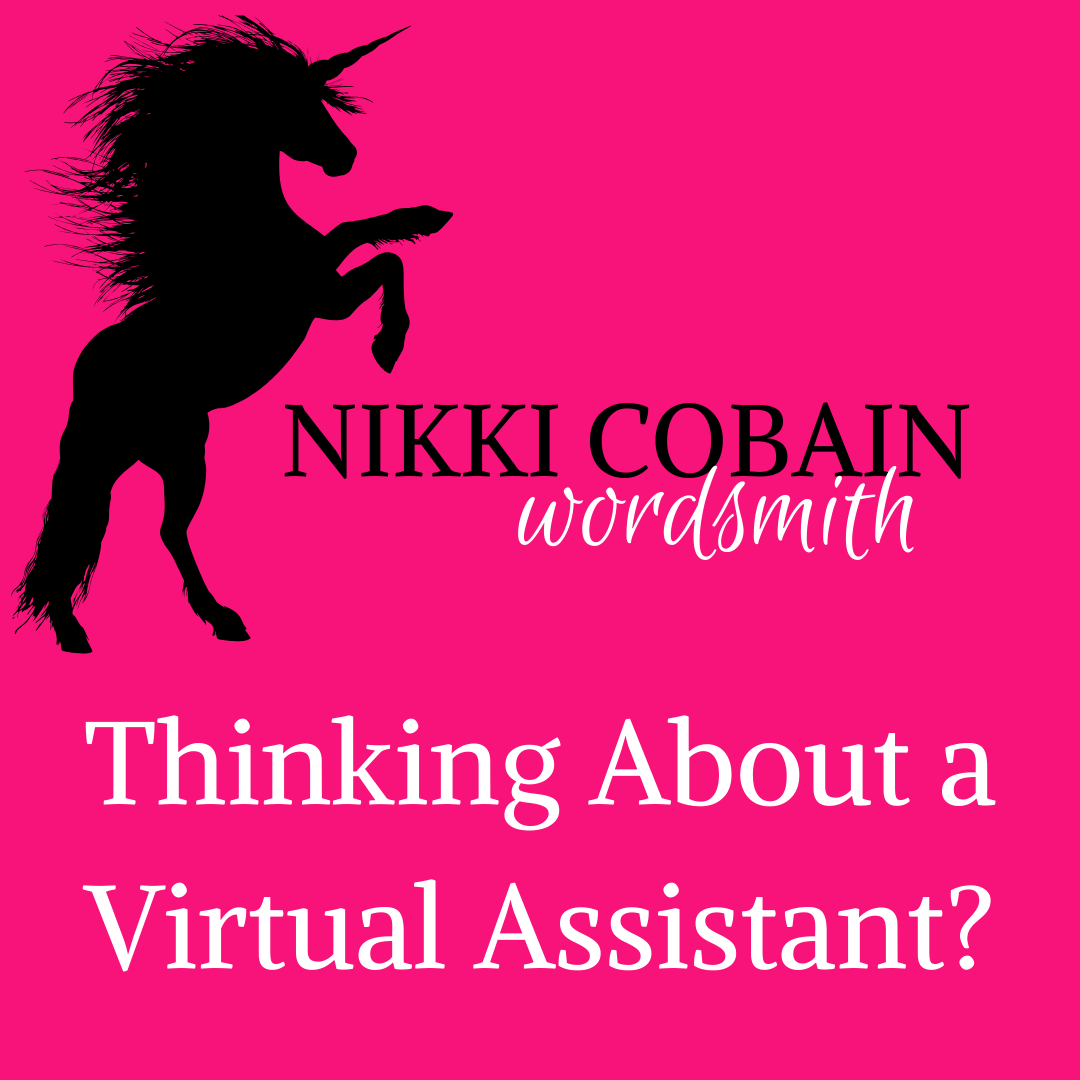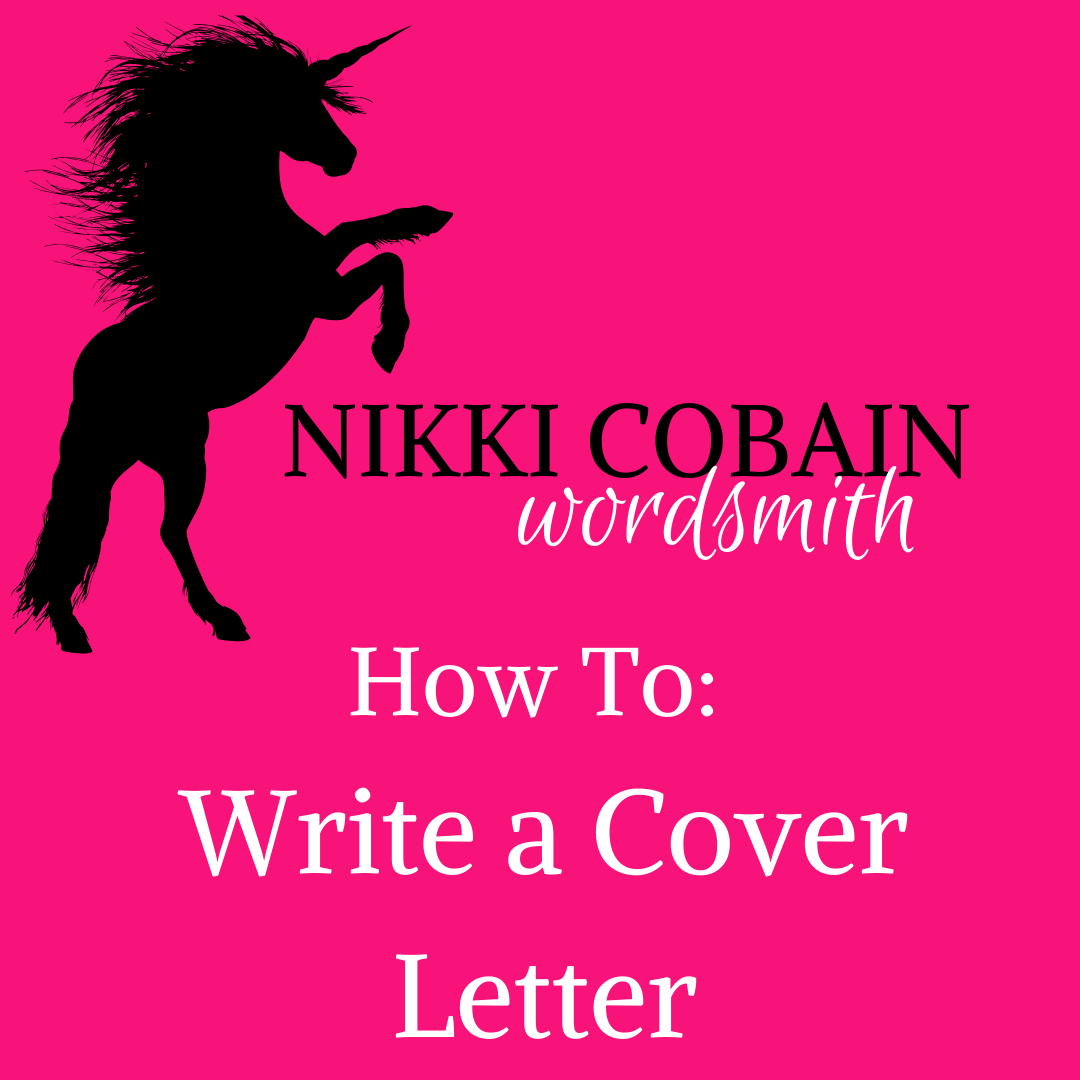Does Perfect English and Grammar Really Matter?
Nikki Dale • 29 May 2020
Do you need to worry about your English skills when you are writing your blog?

When I speak to people about creating their own content, one of the things that people are often concerned about is whether they have the grammar skills to cope with writing.
If you are not practiced at writing, or you believe you lack skills in English – whether you are a native speaker or not – it can be difficult to write with that concern over your head. Have I put the apostrophe in the right place? Should I use an Oxford comma?
Now, I have been called a grammar Nazi before; it is something that once I have noticed it, I cannot unsee it. That doesn’t mean that all the content I create always follows the grammatical laws of the English language, however. So, should you?
The Argument for No
Perfect grammar is not how we communicate in normal conversations. Language itself has changed throughout our history – remember when gay meant happy? Grammar is the same, evolving alongside jargon and societal trends.
You might remember that sentence fragments would earn you a big red underline in your work at school. Grammar norms tell us that a sentence needs to be a complete thought, and if it does not contain a subject or verb, it isn’t complete.
When you are creating your own content, fragments can be useful – they can create urgency. A need to act. Buy. It might be an obvious ploy when written like this, but that is exactly how adverts work!
Informal Language Will Make You Look Unprofessional!
Well, that isn’t actually true. Unless you are writing an academic dissertation, you do not need to avoid contractions and slang. If we avoid contractions completely, we will sound like we are creating Shakespearean sonnets, rather than communicating to our audience.
Slang is another point of contention with the grammar police. Slang and colloquialisms, if they are relevant to your content and you are sure of their meaning, can make your writing more accessible. However, if there are multiple meanings to a word or phrase, then be careful as you don’t want to be ambiguous – or worse, offensive!
Your content doesn’t have to be grammatically perfect – it needs to be attractive. If we all stuck to the rules, then where would poets create magic? If we don’t have the freedom to manipulate language, then all our writing would be dry, boring, and definitely not sexy.
Being less restrictive on rules on grammar helps to make your content more accessible and seductive. And what else do you need?
The Argument for Yes
Bad grammar and spelling can have many negative impacts on your content.
Firstly, it might actually completely change the meaning. We have all seen funny posts on the internet where a wayward apostrophe or misplaced comma makes for a hilarious mistake – but when you do this in your writing you might be completely wrong.
A mistake can cause confusion, but it can also cause distraction. Your reader won’t notice all the great grammar you use – but they will notice poor grammar. And then, it will eat at them, distracting them from the message.
The most important thing to think about when it comes to using good grammar, is that a mistake is not only distracting, it can potentially be damaging. Mistakes in your content will make people question your judgement. Is it there because of a lack of intelligence, or because no care was taken in creating the content? Does the writer have no patience to read through their work and check for mistakes, or do they not respect you as the reader?
These mistakes can make your content ineffective, but it can also be damaging. Mistakes reduce your credibility, and as I have already discussed, you want your content to position you as the thought leader in your industry and area.
Do What You Think Works Best
Ok, this is a bit of a cop-out answer, isn’t it? But in the age of GIFs and emojis, there is limited need for perfect punctuation.
Even the Oxford English Dictionary explains that the dictionary itself is not a set of rules about how to use language. The dictionary is observations about how language is used – which is why it is constantly being updated. For language to work it just needs to be understood.
Grammar and the way we utilise language depends a lot on context. We want to communicate effectively with our readers – however they prefer to communicate. This means you need to know who you are talking to, and how they want to inform themselves.
The key is to know when we need to use good grammar and when rules can be broken. If you are not following the ‘rules’, make sure you are doing it deliberately and for the right reasons.
Of course, good spelling is non-negotiable – and there is no excuse for it thanks to Editor functions in your online documents and even when you are sending text messages.
Spell your words correctly, and don’t get too hung up on perfect grammar. Who worries about a split infinitive anyway?

